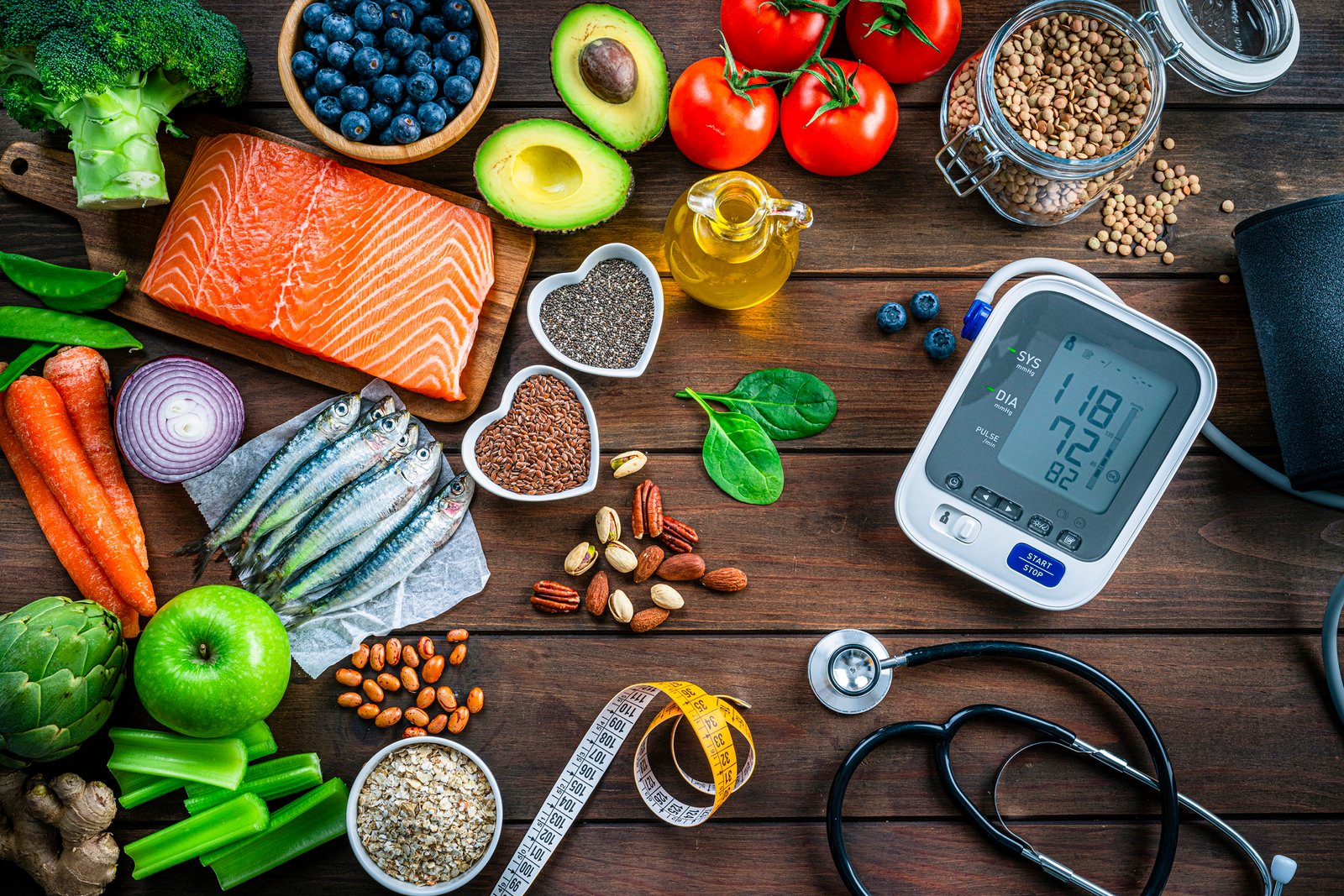Definition of Vitamin – This book covers the entire syllabus of “Nutrition and Dietetics” prescribed by BNMC-for all Diploma in Nursing Science and Midwifery students. We tried to accommodate latest information and topics. This book is examination friendly setup according to the teachers’ lectures and examination’s questions. At the end of the book previous university questions are given. We hope in touch with the book students’ knowledge will be upgraded and flourished. The unique way of presentation may make your reading of the book a pleasurable experience.

Definition of Vitamin
Vitamins are organic compounds which are needed in small quantities to sustain life. We need to take vitamins from food because the human body either does not produce enough of them or none at all.
Each organism has different vitamin requirements. For example, vitamin C (ascorbic acid) is necessary for humans but not for dogs, because dogs can produce (synthesize) enough for their own needs, while humans cannot.
Fat-soluble vitamins
Fat-soluble vitamins are stored in the fatty tissues of the body and the liver. Fat-soluble vitamins are easier to store than water-soluble ones and can stay in the body as reserves for days, some of them for months.
Fat-soluble vitamins are absorbed through the intestinal tract with the help of fats (lipids). Vitamins A, D, E, and K are fat-soluble.
Water-soluble vitamins
Water-soluble vitamins do not get stored in the body for long-they soon get excreted in urine. Because of this, water-soluble vitamins need to be replaced more often than fat-soluble ones. Vitamins C and all the B vitamins are water-soluble.
Vitamin:
Vitamins are vital accessory food factors present in minute quantities in various food substances, required by the body in very small quantity and act as catalysts in various body processes which is essential for normal growth and development of the body.
[OTHER DEFINITIONS-NICE TO KNOWI
- Vitamins are chemical compounds that the body needs properly in small amounts to help it function.
(Ref by: Felicity & Ann Burgess’s Nutrition for developing countries/2/31)
- (Vitamins are organic nutrients that are required in small quantities for a variety of biochemical functions and which generally cannot be synthesized by the body must therefore be supplied by the diet.
- Vitamins are defined as organic compounds, which are required for good health and vitality. It is required for the normal growth. They are required in very small quantity.
(Ref by: onila Salins’s Essential Nutrition/1/19)
Classification of Vitamins:
Vitamins are classified into two broad groups as below-
| 1. Fat soluble vitamins: |
|
| 2. Water soluble vitamins: | Vitamin B complex: ✔Thiamine (vitamin B1) ✔Riboflavin (vitamin B2) ✔Niacin/ Nicotinic acid. (vitamin B) ✔Biotin ✔Pyridoxine (vitamin B) ✔Pantothenic acid(vitamin B1) ✔Folic acid. ✔Lipoic acid ✔Vitamin Bi Ascorbic (vitamin C) |
Difference Between Water and Fat Soluble Vitamin:
| Features | Water soluble vitamin | Fat soluble vitamin |
| Solubility |
|
|
| Absorption |
|
|
| Transport |
|
|
| Starage in the body |
|
|
| Chemical origin |
|
|
| Co-enzyme |
|
|
| Toxicity |
|
|
Difference between vitamins and organic food stuffs:
1. Vitamins do not enter into tissue structure unlike proteins.
2. They do not undergo degradation for providing energy, unlike carbohydrates and lipids.
3. Several vitamins play an important role as “coenzymes” in several metabolic reactions in the body.

Functions of Vitamins:
- Vitamins create the resistance against the diseases.
- Regulate the body metabolism.
- It helps to fat and carbohydrate into energy.
- Vitamins assist in the formation of base of tissue.
